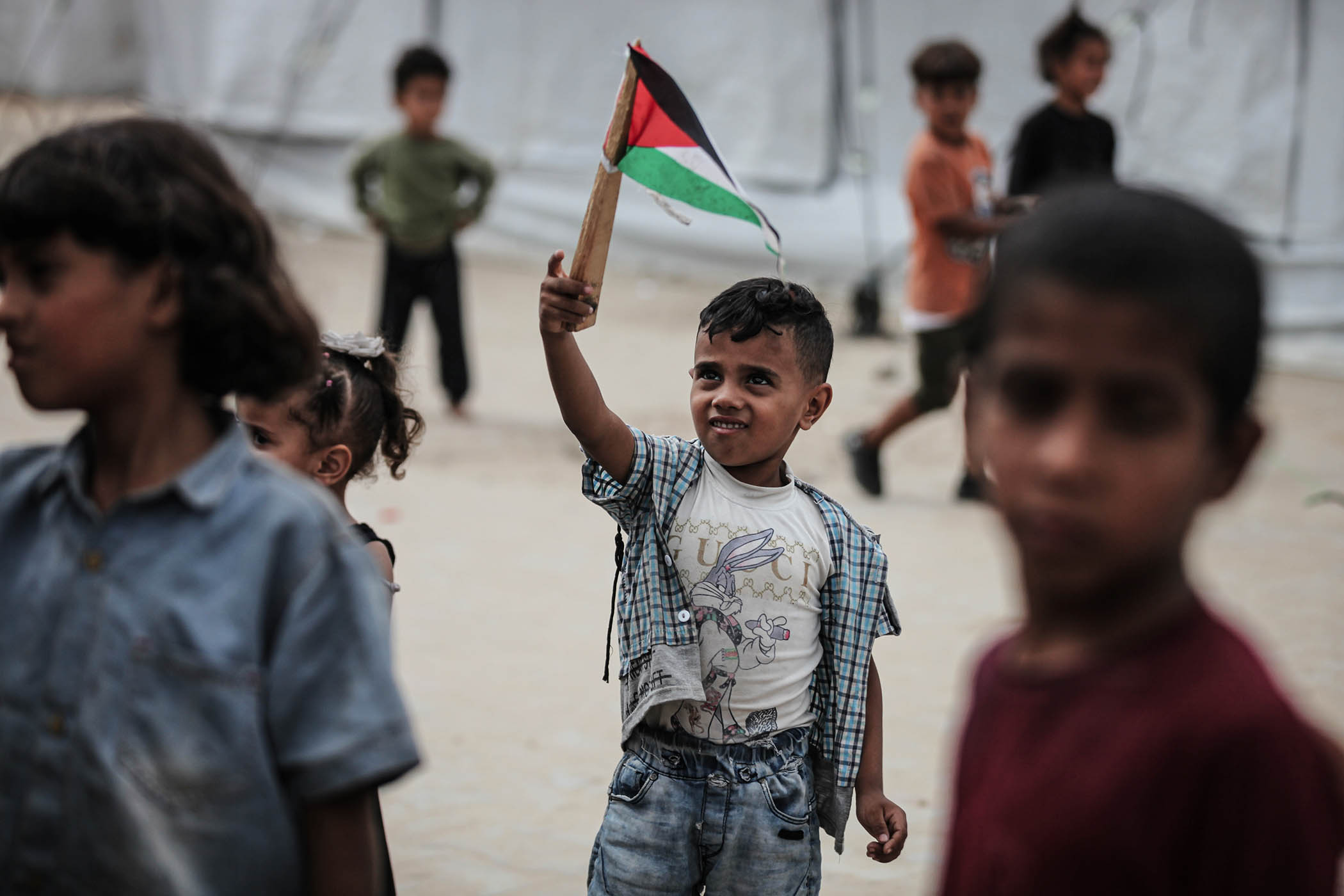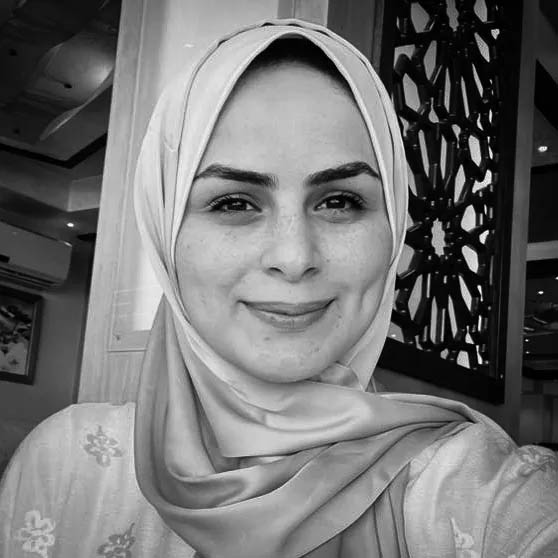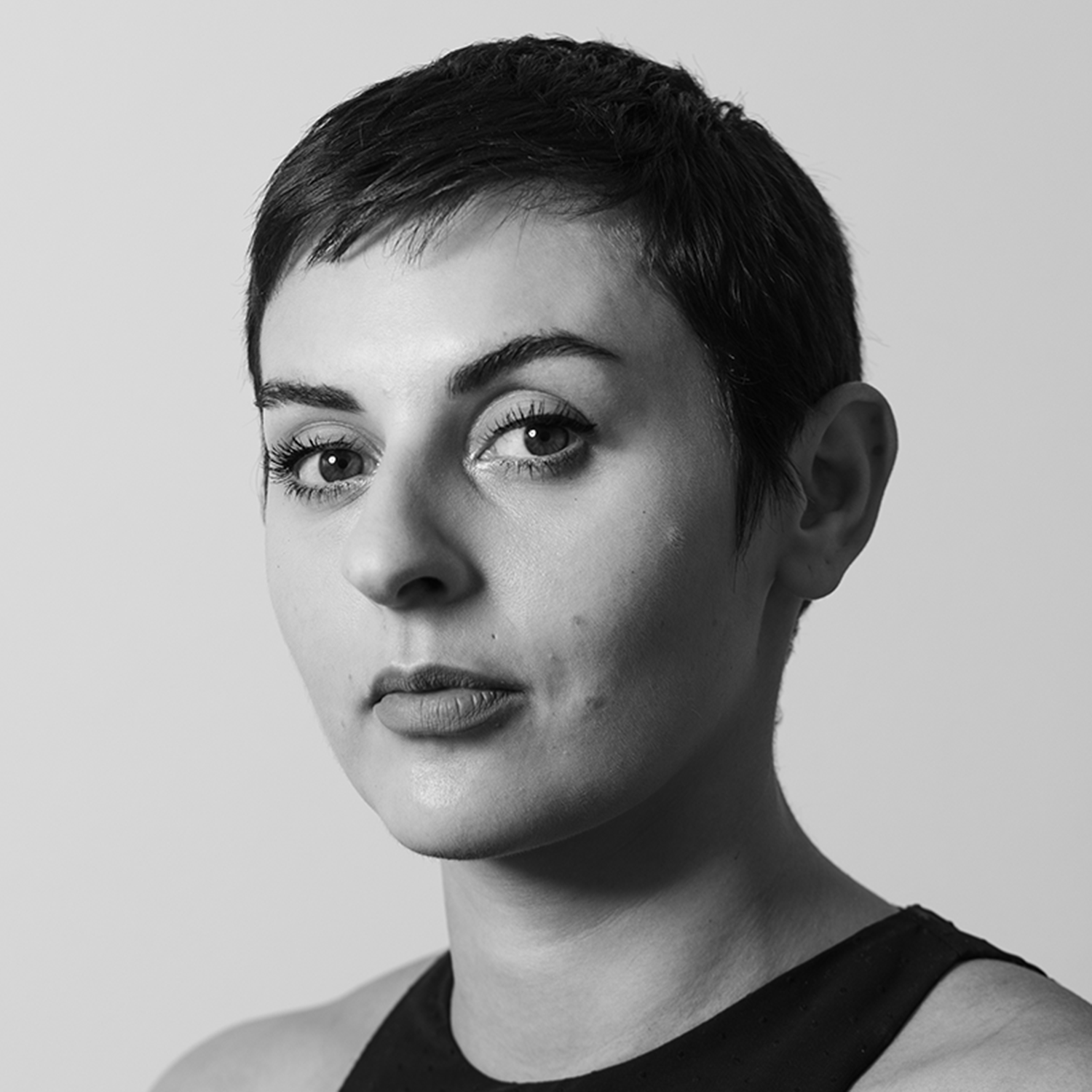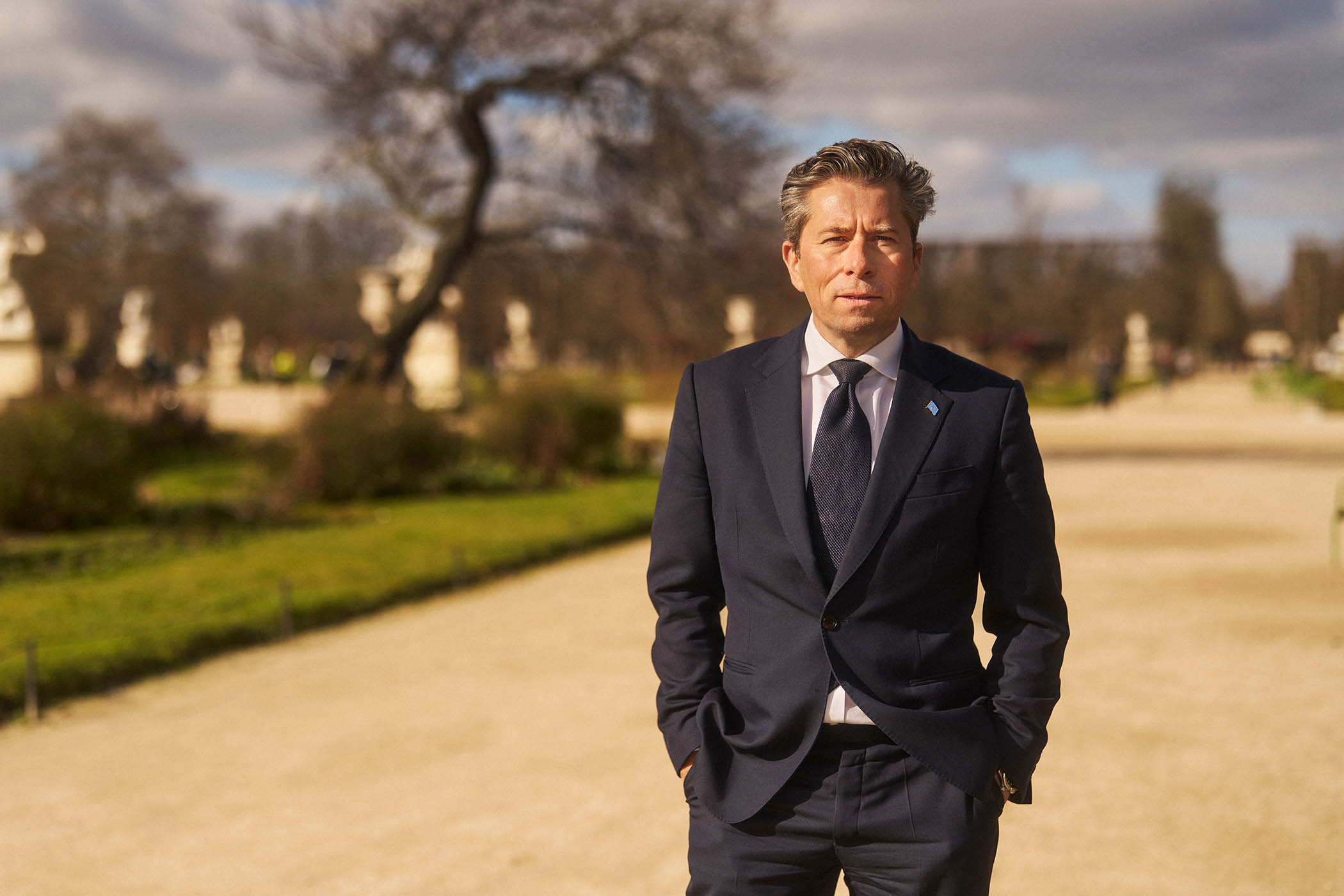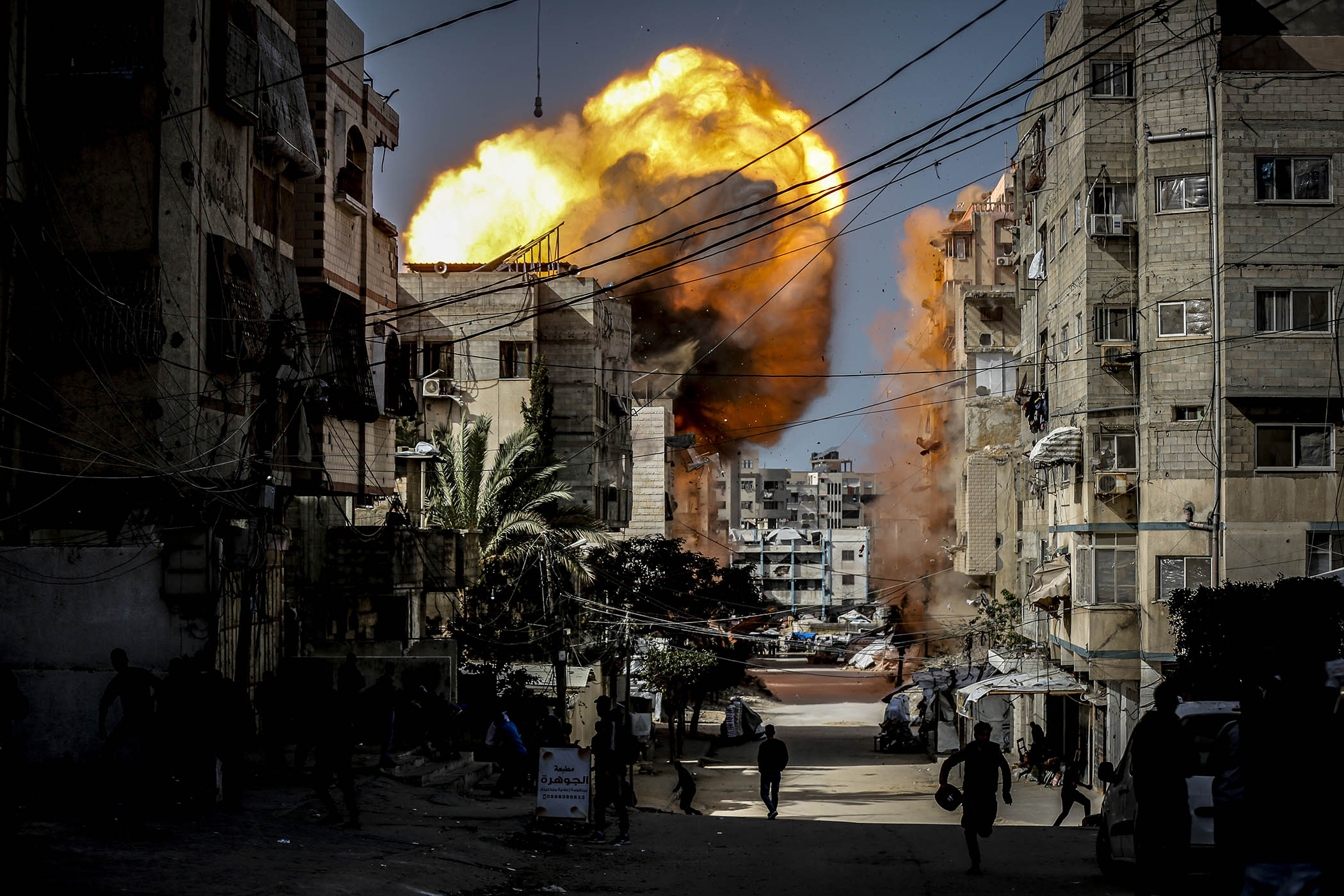When news of a ceasefire in Gaza reached student Dalia Orouq, she felt a sense of shock that she’d managed to live through two years of war. As she and her family hugged, neighbours leaning out their windows in the darkness in Deir al-Balah to congratulate one another, Orouq could barely believe what was happening.
“It was a mix of happiness and disbelief, of joy and cautious hope. We kept refreshing the news to make sure it was true,” she said in central Gaza. She was overjoyed, but the trauma and pain of the past two years of war consumed her. “I couldn’t believe that somehow I am still alive,” she said.
Orouq was supposed to be in university by now – instead she is still finishing high school using any internet signal she can find to study. For the past two years, her every waking moment has been filled with the looming prospect of having to flee again: she was displaced 13 times in the past two years. The war, she said, has been an experience of constant humiliation. Her bags have been packed constantly.
“I thought about what it would be like to be killed and left under the rubble. I thought about my younger siblings, who were starving, and how helpless I was – because even when we had some money, there was no food, nothing available.”
For many in Gaza, the prospect of an end to the fighting was a moment of joy that forced them to reckon with the scale of what has been lost. Two years of Israel’s assault on the territory has left more than 67,000 people dead, with the corpses of thousands more expected to be found underneath monumental piles of rubble that make up what were once densely packed cities.
Orouq’s emotions were bound up in the death of her best friend Sarah: her home was hit by an airstrike while she and her family prepared to flee their neighbourhood in Gaza City last July. Orouq heard the news, but kept calling Sarah’s phone in disbelief, hoping that somehow she might answer. An hour later she saw that the force of the blast had blown her friend’s mother’s body into the home of a neighbour.
“I helped wrap her in a burial shroud, even though I feel like a child myself. I whispered in her ear that I would take care of her daughter Sarah when she was pulled from under the rubble,” she said. Orouq waited and waited for them to retrieve her best friend’s corpse, but they were unable to due to a lack of equipment. A month later they found Sarah’s body without her head.
Amani Sbaih tried to greet the news of the ceasefire with joy. One of her children is the same age as the war, born just days before 7 October 2023. She wanted to find a moment of relief in talking to both her children about where they might travel or what they might do once the fighting ends. But with a heavy Israeli military presence in Gaza City, for Sbaih it didn’t feel as if the fighting had ended.
“In our area there were no celebrations, because here they were bombing and shooting until the very last second,” she said. “What I feel now is pure anger and resentment toward all world leaders – especially Trump. He could have ended this war long ago. In the end, he’s undoubtedly one of the main reasons behind our suffering because someone who truly wants peace doesn’t support [Israel] militarily – to bomb, destroy and loot – and then pretend to want peace.”
Like hundreds of thousands across Gaza, Sbaih saw the true success as winning what she called a daily “battle for survival” in which she tried to protect her family from bombs and famine while remaining in their home in Gaza City – fleeing south had proven more expensive than they could afford, even amid the threat of siege.
Newsletters
Choose the newsletters you want to receive
View more
For information about how The Observer protects your data, read our Privacy Policy
“The struggle to stay alive was with us throughout the entire war,” she said, fearing that this fight will stay with them long after the conflict ends. Looking around at the scale of the destruction of her home town – the bombed-out hospitals and schools, and destroyed tower blocks that once served and housed more than a million – Sbaih despaired.
“Then there’s the weakened immune systems among people after we endured a famine. These things will take a very long time to heal and overcome,” she said.
Orouq felt the same confusion about how she might rebuild her shattered life after war. “Even though the war has ended, we know that new battles await us: rebuilding, finding food and medicine, paying for daily life. We’ve forgotten what normal food tastes like – all we’ve eaten are canned goods,” she said. “We need help to rebuild our lives from the ground up.”
Photograph by Moiz Salhi/Getty
